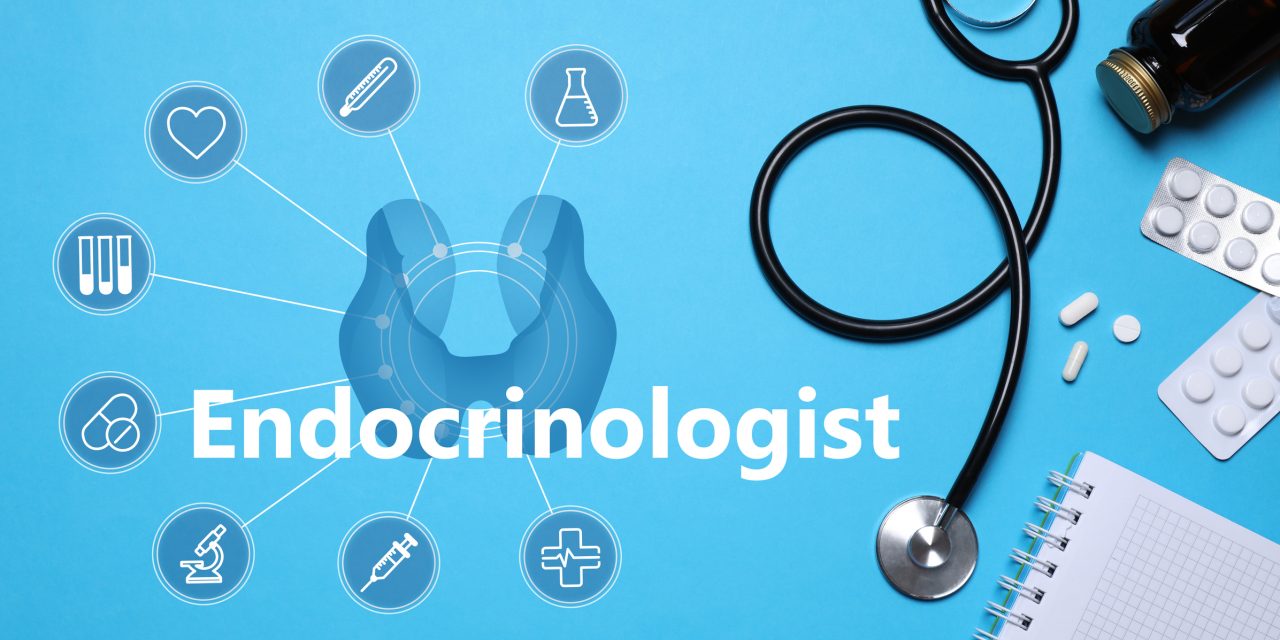Thyroid alterations including de novo appearance of thyroid autoimmunity are adverse effects of tyrosine kinase inhibitors, used in solid and hematologic cancer therapy, but the relationship between thyroid alterations during this treatment and the outcome of chronic myeloid leukemia remains unclear. Aim of this study was to investigate whether the presence of thyroid alterations may affect the clinical outcome of chronic myeloid leukemia on tyrosine kinase inhibitors.
We evaluated thyroid function and autoimmunity in 69 chronic myeloid leukemia patients on long-term therapy looking at the association between thyroid abnormalities and disease molecular response.
Overall, 24 of 69 (34.8%) had one or more thyroid abnormalities during therapy. A high percentage of patients (21/69, 30.4%) showed thyroid autoimmunity (positive thyroid autoantibodies with ultrasound hypoechogenicity), while clinical and subclinical hypothyroidism and subclinical hyperthyroidism were, respectively, found in 4 of 69 (5.8%) and 3 of 69 (4.3%) of cases. Second-generation tyrosine kinase inhibitors resulted significantly associated (14/32, 43.7%) with Hashimoto’s thyroiditis, compared to first generation (7/37, 18.9%; p = 0.03). Interestingly, we also found a significant association between euthyroid (14/26, 53.8%) and hypothyroid Hashimoto’s thyroiditis (4/26, 15.4%) in patients with deep molecular response, as compared to euthyroid (3/43, 7%; p = 0.0001) and hypothyroid (0/43, 0%; p = 0.02) Hashimoto’s thyroiditis patients with major molecular response.
Our study confirms and extends our knowledge on the tyrosine kinase inhibitors effects on thyroid, showing that thyroid autoimmunity is frequently observed in chronic myeloid leukemia patients on long-term therapy and is associated with a better oncological response.
© 2021. The Author(s).
Thyroid autoimmunity and hypothyroidism are associated with deep molecular response in patients with chronic myeloid leukemia on tyrosine kinase inhibitors.


